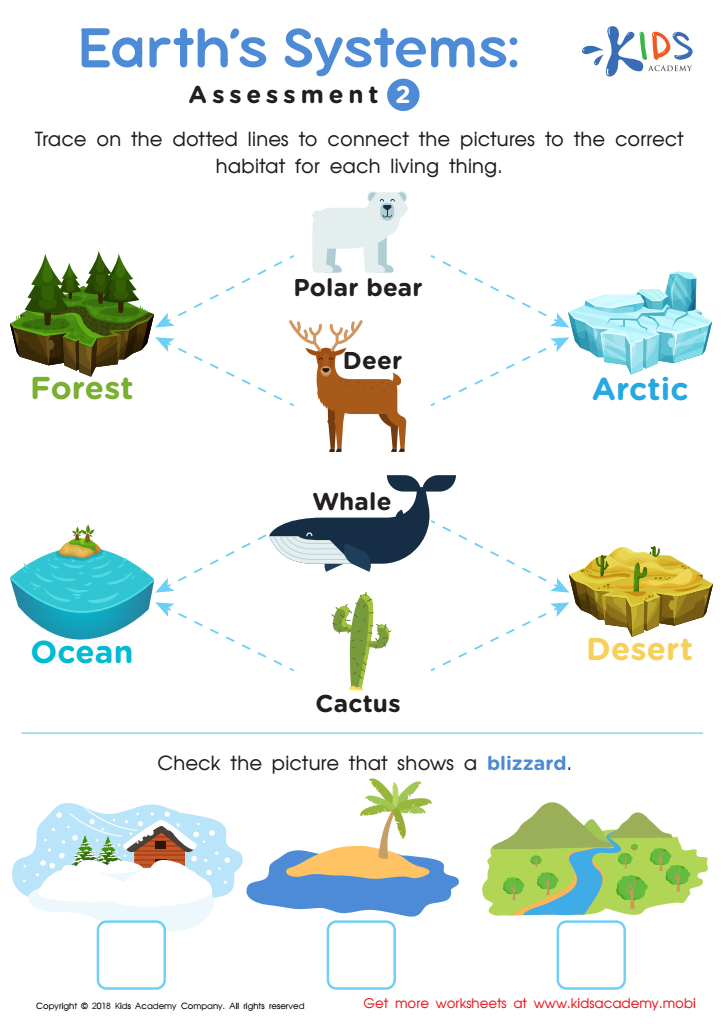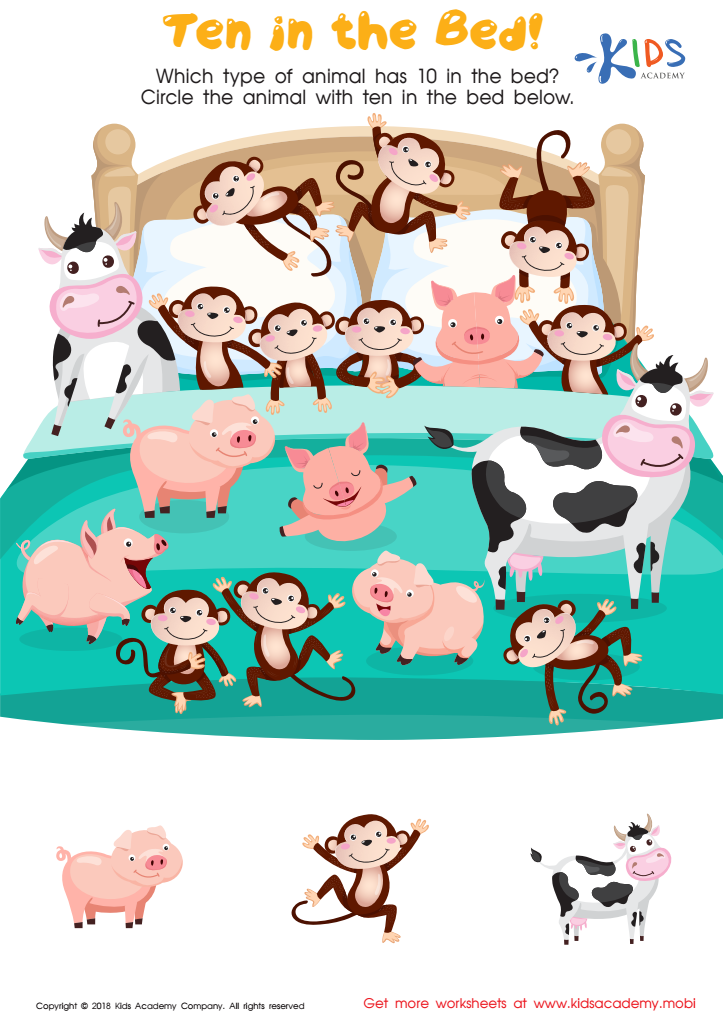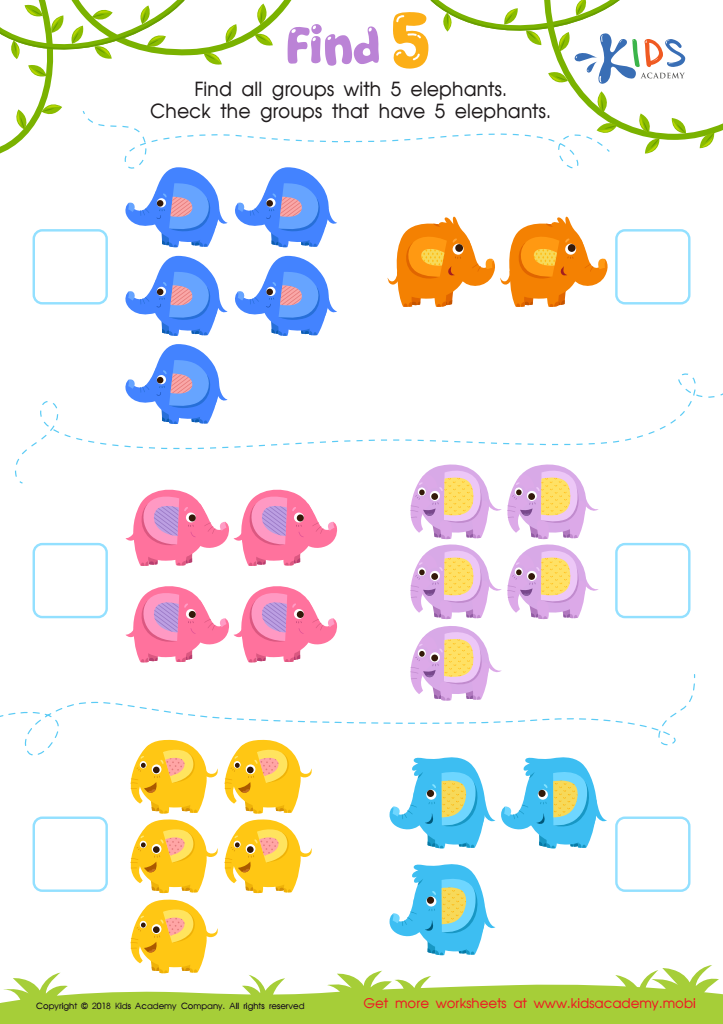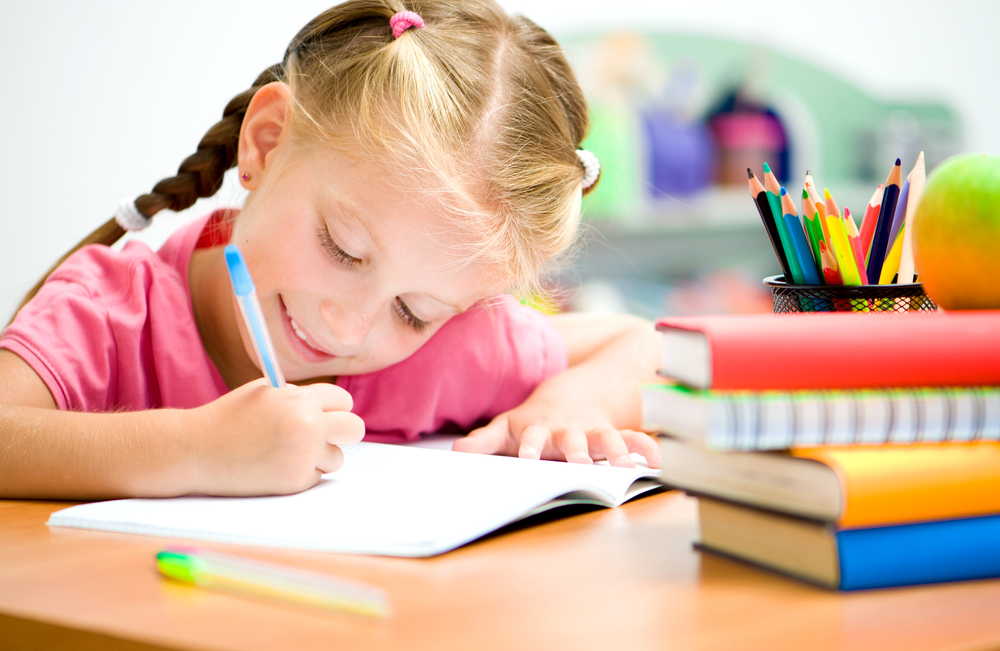Counting skills Science Worksheets for Ages 3-5
6 filtered results
-
From - To
Explore our Counting Skills Science Worksheets designed specifically for ages 3-5! Our engaging resources are perfect for young learners, promoting both counting techniques and a foundational understanding of science concepts. Kids will enjoy hands-on activities that reinforce their numerical skills, such as counting objects in nature or measuring simple items. With colorful illustrations and interactive exercises, these worksheets make learning fun and effective. Encourage curiosity while building essential early mathematical skills! Perfect for parents and educators alike, our worksheets create an enjoyable learning environment where children can thrive. Start your educational journey today with our specialized counting skills worksheets!


Robot Printable


Sort and Count to the Moon Worksheet


African Wildlife: Giraffe Worksheet


Earth's Systems: Assessment 2


Ten in the Bed Worksheet


Find 5 Worksheet
Counting skills are foundational for young children's cognitive development and academic success, particularly in science, which often relies on the ability to categorize, quantify, and deduce information from observational data. For children ages 3-5, developing counting skills not only lays the groundwork for mathematics but also enriches their scientific understanding.
When children learn to count, they practice organizing their thoughts and make sense of differences in quantity, properties, and systems, which are essential in scientific exploration. For instance, counting items in nature, such as leaves, rocks, or bugs, encourages curiosity and enhances observational skills as they categorize their findings. This active engagement fosters critical thinking, promoting inquiry-based learning. Moreover, recognizing numbers and understanding their relationships helps children interpret data and measure results in hands-on experiments, enriching their scientific comprehension.
By integrating counting into science-related activities, both parents and teachers create a stimulating learning environment that boosts confidence and develops essential skills. Such early experiences not only enhance academic readiness but also cultivate a love for learning, preparing children for more complex concepts in the future. Ultimately, counting skills empower young learners to explore the world around them, making educators and caregivers crucial allies in this developmental journey.
 Assign to My Students
Assign to My Students





















